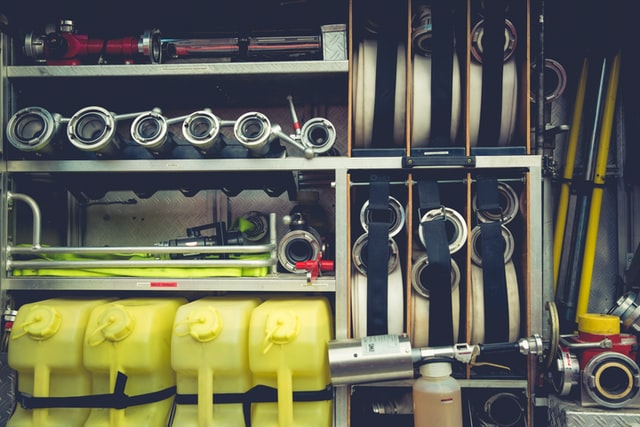Self-storage units are a modern convenience that is becoming more popular day by day. For various reasons, many households seek to empty their garages, basements, or attics. Whatever the need, you need to understand what a self-storage company expects from you as a client before you get One Stop Self Storage storage facility in Dayton.
Several items are banned from being stored in self-storage units; for some, the reason for their ban is apparent, but some are a little bit more nuanced. This article will take you through the most common items forbidden from self-storage units, along with reasons why.
Valuables
As a rule of thumb, anything you would miss dearly should not be stored in a self-storage unit. Self-storage units usually have exceptional security; nevertheless, it is best not to test it using valuable items. Items with a high monetary value may be susceptible to theft or damage. For example, you should not store artwork in a typical self-storage unit to prevent its degradation due to humidity, temperature, dust, etc. While they may not cover the mortgage, putting all your childrens’ baby photos in a self-storage unit is not the best idea when such items hold priceless sentimental value.
Food or Perishable Items
If fully paid up for, a self-storage unit may remain shut for years, and management ensures that all items in the units age gracefully. You should not store any food (even canned foods) in a dark and damp environment because it is likely to rot and produce an unpleasant smell. The rotting food is expected to attract rodents, insects, and other parasites that miraculously appear wherever food is stored recklessly. Such creatures are likely to nest in or damage the other items in your self-storage unit.
Mould and bacteria can also covertly grow in your food and pose a serious health hazard if eventually consumed. Parasites multiply rapidly, and self-storage units ban them from being used as pantries to stop the pests from potentially spreading from a single unit to the entire complex. You must ensure that no food item is left in your self-storage unit.
Hazardous Materials
Hazardous materials are those with the capability to cause significant damage when opened, handled, or spilled. Such material includes all substances labeled as explosive, corrosive, or flammable. These include aerosol spray cans, gasoline, paint thinners, weed killers, etc. Hazardous materials can easily cause serious injury, not just to your self-storage unit but to the whole complex.
Live Animals/Pets
No kind of animal should be subjected to the dark, damp loneliness of a self-storage unit. Doing so is illegal (even for short periods) and quite inhuman. Self-storage unit employees have been trained to rep[ort all unlawful behavior to the police. Doing so is illegal (even for short periods) and quite inhuman.
Scented and Wet/Damp Items
Before packing your items for their journey to a self-storage unit, make sure they are completely dry. Any residual moisture will cause mildew or mold, which quickly spread across your self-storage unit and ruin most if not all of the precious items you paid to store.
Plants
If you are trying to save your plants while traveling, leaving them in a self-storage unit is self-defeatist. The dark dampness of the self-storage unit will assuredly kill your plants and start their rotting. The mold and bacteria will then spread and damage the rest of your property.
Illicit or Stolen Goods
Self-storage units have been tempting criminals to store their ill-gained loot. If any of the employees at the self-storage unit site suspects illegality is being perpetrated, they are trained to inform the police immediately. You are also not allowed to store goods without the explicit permission of their owner.
Unregistered and Uninsured Vehicles
There are some kinds of self-storage units specifically designed for storing cars. However, these facilities are very particular and will not accept a vehicle that is not correctly registered or insured. No matter the kind of automobile, e.g., motorcycle, Recreational Vehicles, etc., the self-storage unit will demand proof of registration and insurance before accepting your car. These regulations are necessary because they keep the management of the self-storage unit on the right side of the law. Further, it reduces their liability in case your car is damaged or destroyed.
As you carefully choose the best self-storage unit for your prized possessions, exercise the same caution when selecting the kind of items you take into storage. If unsure of what to include, ask the staff at the self-storage unit for help. Spare yourself the disappointment of ruining things you attempted to preserve.

